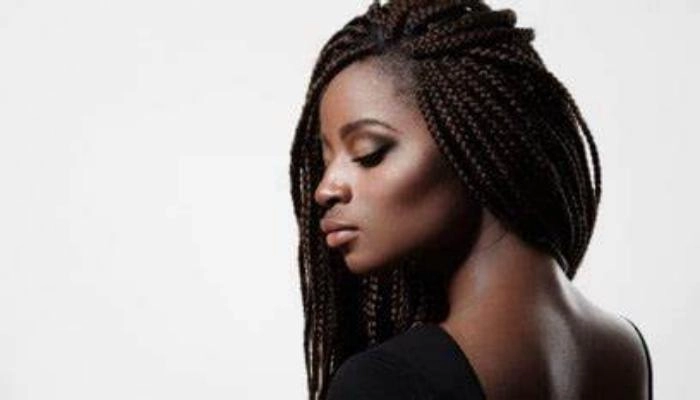Braids are a timeless and versatile hairstyle that can be both protective and stylish. Whether you opt for box braids, cornrows, twists, or any other variation, making them last longer saves time, money, and effort. Proper maintenance, careful installation, and mindful habits are key to extending the lifespan of your braids. Here’s a detailed guide to help you keep your braids fresh and neat for weeks.
Start with a Strong Foundation
The longevity of your braids begins before they’re even installed. Proper hair preparation ensures your braids stay intact and your scalp remains healthy.
Cleanse & Moisturize Your Hair
Wash and deep-condition your hair before braiding to remove product buildup and dirt. Clean hair holds braids better and prevents excessive itching. Follow up with a lightweight moisturizer or leave-in conditioner to keep your strands hydrated.
Stretch Your Hair (If Necessary)
If you’re working with natural hair, stretching it (via blow-drying or banding) can make the braiding process smoother and reduce tangling. This also helps your braids look neater for longer.
Choose the Right Hair Extensions
If using extensions, opt for high-quality synthetic or human hair that matches your desired style. Cheap hair can fray, tangle, or shed quickly, shortening the lifespan of your braids.
Proper Installation Matters
How your braids are installed plays a crucial role in their durability.
Avoid Excessive Tightness
While tight braids may seem like they’ll last longer, they can cause tension alopecia and scalp irritation. A skilled braider will ensure your braids are secure but not painfully tight.
Use the Right Technique
Neat, even parts and consistent braiding tension help maintain a polished look. Sloppy braids unravel faster and are harder to maintain.
Secure the Ends Properly
Whether you’re burning, dipping, or banding the ends, make sure they’re sealed tightly to prevent unraveling.
Daily & Weekly Maintenance
Once your braids are in, maintaining them properly will help them last longer.
Keep Your Scalp Clean and Hydrated: Use a diluted shampoo or braid spray to cleanse your scalp without disturbing the braids. Follow up with a lightweight oil (like jojoba or tea tree oil) to prevent dryness and itching.
Moisturize Your Hair Regularly: Apply a water-based moisturizer or braid spray to keep your natural hair hydrated. Focus on the roots and length, but avoid excessive product buildup.
Protect Your Braids at Night: Wrap your hair with a silk or satin scarf or sleep on a satin pillowcase to reduce friction and prevent frizz. Pineappling (loosely gathering braids at the crown) can also help maintain their shape.
Avoid Excessive Manipulation: Constantly touching, re-styling, or pulling on your braids can cause them to loosen faster. Opt for low-maintenance styles like buns or ponytails if needed.
Protecting Your Braids from Damage
Environmental factors and styling habits can shorten the lifespan of your braids.
Limit Exposure to Water and Humidity: While occasional washing is necessary, excessive moisture can cause frizz and unraveling. Protect your braids when swimming or in humid weather with a swim cap or scarf.
Be Mindful of Styling Products: Heavy gels, waxes, or creams can cause buildup, leading to dirt accumulation and an itchy scalp. Stick to lightweight, water-based products.
Avoid Heat Near Synthetic Hair: If using synthetic extensions, keep heat tools away, as they can melt or damage the fibers.
Conclusion
Even with the best care, braids won’t last forever. Leaving them in too long can lead to matting, breakage, or scalp issues. Most braids should be removed after 6-8 weeks, depending on your hair type and growth rate.
By following these steps—proper preparation, careful installation, and consistent maintenance—you can enjoy your braids for weeks while keeping your natural hair healthy underneath. With the right techniques, your braids will stay fresh, neat, and stylish for as long as possible.
Related topics:
How Can I Make My Hair Curly For Guys
How To Style Knotless Goddess Braids
How To Make Straight Hair Curly Naturally Male


